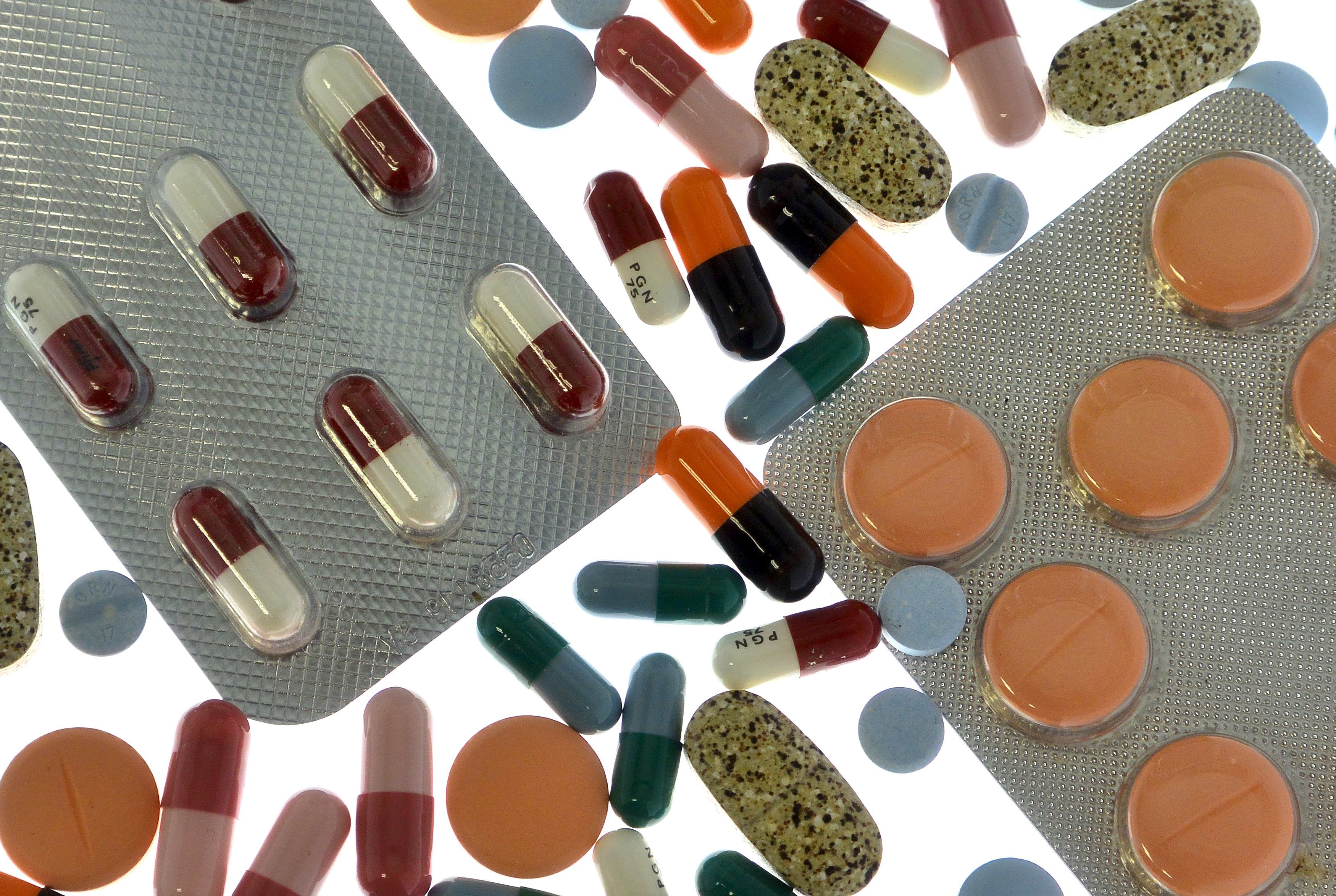(BLOOMBERG) - The Trans-Pacific Partnership (TPP) is the biggest trade agreement in history, reducing tariffs and other forms of protectionism in a dozen countries making up about 40 per cent of the global economy with economic output of almost US$30 trillion (S$42.7 trillion).
The deal sealed Monday came after more than five years of negotiations between the TPP nations - the US, Canada, Japan, Australia, Singapore, Brunei, Chile, Malaysia, Mexico, New Zealand and Peru.
The agreement must still be ratified by lawmakers in the TPP nations, some of whom face fierce crtics who say it will kill jobs, reduce environmental standards and raise drug prices.
As with every trade agreement, there will will be those who stand to gain more than others.
Here are some TPP winners and losers:
JAPAN
WIN: Japanese car and auto-parts makers may be the biggest winners, as they get cheaper access to the US, the industry's biggest export market.

LOSE: Rice farmers will lose some of their protections with a non-tariff import quota of one per cent of total rice consumption.
- Livestock farmers may be harder hit as tariffs on beef will be cut to 9 per cent over 16 years from 38.5 per cent, while pork tariffs will also be slashed.
AUSTRALIA
WIN: Australia will gain access to the US sugar market while Japan will also reduce levies on the product.
WIN: Cut in the beef tariff will help Australian ranchers.
WIN: Seafood and most horticulture products will see tariffs dropped, while preferential quota access will be created for grains, cereals and rice.

WIN: Australia and New Zealand successfully pressured the US to compromise on the amount of time pharmaceutical companies would get protection for new biotech drugs, granting companies a minimum of five years rather than the 12 years of protection pushed by the US. That could lead to cheaper drug prices and more competition.
WIN: Reduced tariffs on everything from iron and steel products, to pharmaceuticals, machinery, paper and auto parts will help Australian manufacturers.
NEW ZEALAND
WIN: Tariffs due to be eliminated on 93 per cent of New Zealand's trade with its TPP partners representing annual savings of about NZ$259 million ($168 million).
- The dairy industry, which accounts for about a quarter of exports, will see savings of about NZ$102 million a year. Some tariffs to remain in key markets such as the US, Japan, Canada and Mexico. though New Zealand will get preferential access to new quotas.
- Tariffs on beef exports will be eliminated with the exception of Japan where they will drop to 9 per cent from 38.5 per cent.
- Tariffs on all other exports including fruit, seafood, wine and sheep meat will be eliminated.
VIETNAM
WIN: Vietnam to be among the biggest winners, according to the Eurasia Group, with the agreement potentially boosting GDP by 11 per cent by 2025, with exports growing 28 per cent in the period as companies move factories to the low-wage country, the report said.
- Reduced import duties in the US and Japan will benefit country's apparel manufacturers, whose low labor costs have enabled them to grab business from China. Still, impact may be limited as Vietnam will still face strict rules-of-origin on materials.
- Fishing industry to benefit from elimination of import tax on shrimp, squid and tuna, now averaging 6.4-7.2 per cent.

LOSE: Eliminating import taxes on pharmaceutical products from the current average of about 2.5 per cent will lead to tougher competition between Vietnamese domestic companies and foreign companies. TPP will also increase patent protection. restricting Vietnam companies access to new products as well their ability to produce new drugs.
MALAYSIA
LOSE: Malaysia's state-owned enterprises may suffer from the deal which calls for equal access to government procurement.

WIN: Electronics, chemical products, palm oil and rubber exporters are among beneficiaries. Malaysia is the world's second-biggest palm oil producer and one of the biggest growers of rubber.
CHINA
LOSE: The world's second-biggest economy may be among the biggest losers as it failed to join the TPP, allowing the US to tighten trade ties across the region and advance the Obama administration's so-called pivot to Asia.
LOSE: Chinese exporters may lose some market share in the US and Japan to developing countries such as Vietnam.
